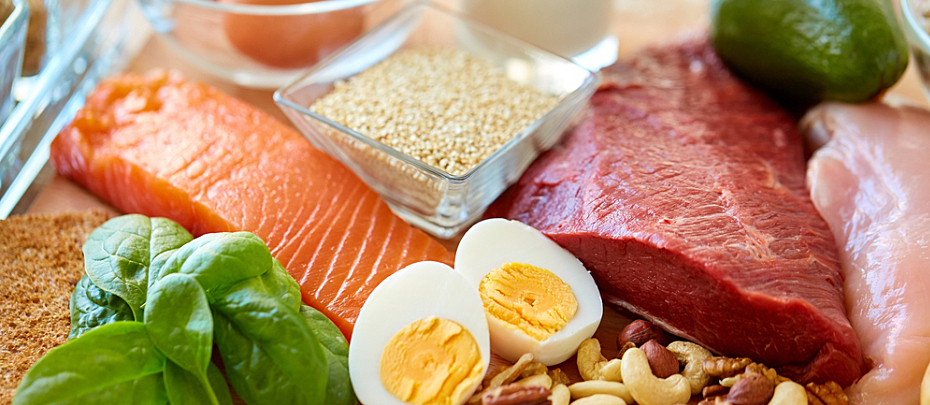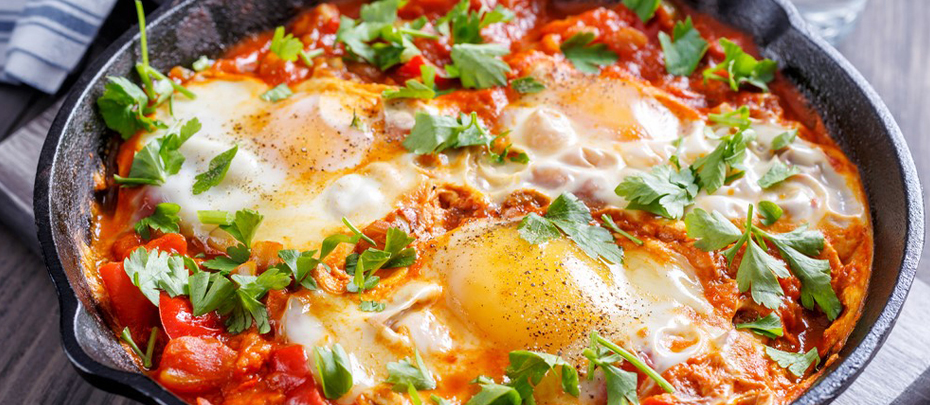Myth 2: You Don't Need to Spread Protein Intake Throughout the Day
If you include protein-rich foods at only one or two meals during the day, you could be missing out. Trying to get a full day’s worth of protein in one sitting can be a challenge, which means you could fall behind on reaching your goals. Balancing protein intake throughout the day can make it easier to meet your daily protein needs.
How to get it right: Avoid skipping meals and prioritize protein when you eat. Aim for approximately 25-30 grams of protein per meal. If the day gets busy and you need a convenient snack or to supplement a meal on the go, try a protein shake such as PROTALITY™ nutrition shake, which has 30 grams of protein, to work in a quick protein fix.
Myth 3: Your Protein Needs Don’t Change as You Age
It can be hard to understand when and how to increase your protein intake because everyone’s needs are unique. Experts agree that protein needs increase with age. Your body becomes less efficient at using protein as you get older, so you may need more protein than you did when you were younger to help you preserve muscle.
How to get it right: The current recommended dietary allowance for protein is 0.8 grams per kilogram of body weight for adults, which translates to 0.36 grams of protein per pound of body weight for adults. Some evidence suggests that older individuals could benefit from consuming closer to 1.2 to 1.5 grams per kilogram to support muscle health. Schedule a talk with your healthcare provider or a registered dietitian to determine what’s best for you.
Myth 4: Only Athletes Need Extra Protein
Just as age impacts protein needs, so does activity level. Research has shown athletes may need more protein. But anyone who works out regularly or wants to support healthy body composition can benefit from getting adequate protein to help rebuild and maintain muscle.
How to get it right: In addition to prioritizing protein at meals, powering up with a protein-rich snack before or after exercising can help you meet your goals.
Myth 5: All Protein Is Created Equal
Protein is found in many different foods, but the quality of the protein can vary. Proteins are made of building blocks called amino acids. Of the 20 amino acids, nine are considered essential because the body can't make them, so they must come from food. Complete proteins have all the essential amino acids, while incomplete proteins lack one or more. Animal foods like meat, fish, poultry, eggs and dairy are complete proteins, while most plant-based proteins, except for a few exceptions like soy, are incomplete and need to be combined with other protein sources throughout the day.
How to get it right: Be sure to include at least one source of high-quality complete protein in every meal. If you’re not meeting your protein goals, grab a PROTALITY™ nutrition shake, which contains 30g high-quality protein including 9 amino acids to support muscle health. Nutrition shakes are a great option if you need help getting more protein and nutrients as you navigate a busy schedule.
With a little protein know-how – and advice from your healthcare provider or a registered dietitian – you can develop a plan to make sure your diet is protein-powered and supports your overall health goals.




Social Share